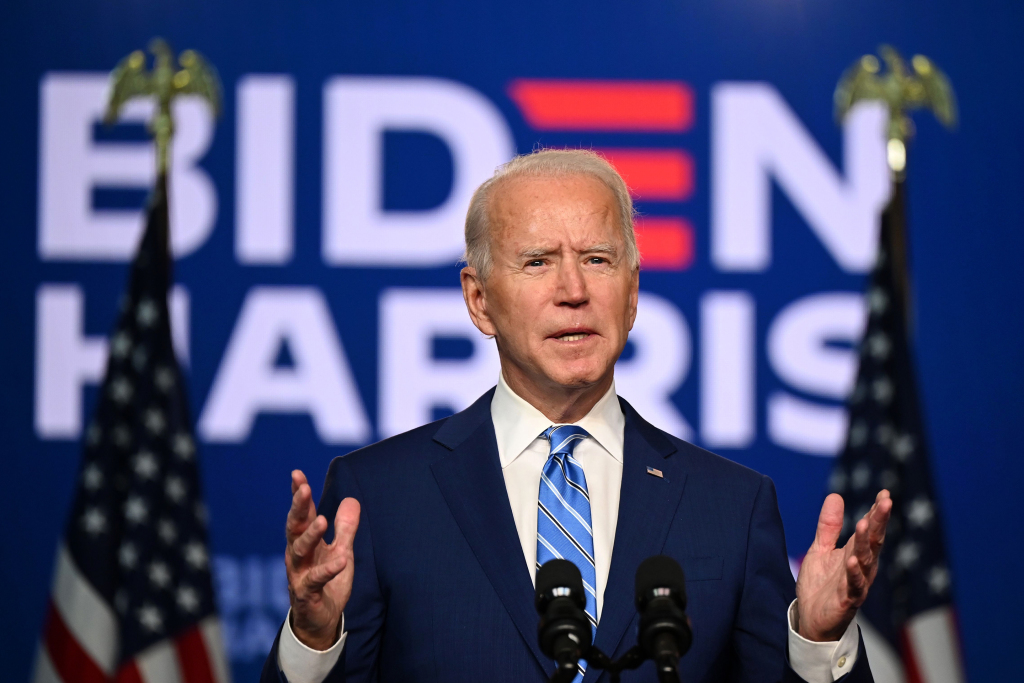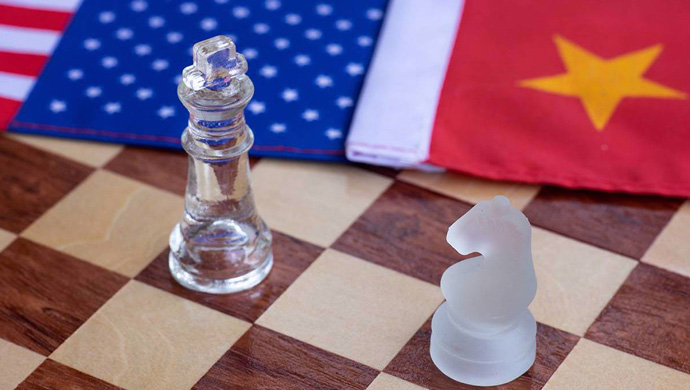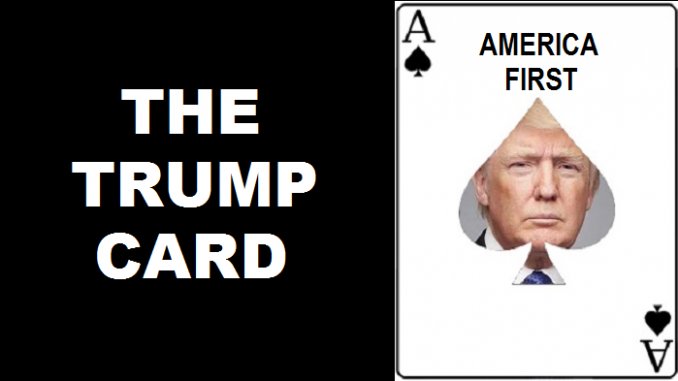Giulio Pugliese, King’s College London, War Studies
Dec 04, 2020
The 2020 US Presidential Elections and the vitriol that has followed has shown that cleavages are aplenty in U.S. politics and reflect a degree of tribalism and
Richard Javad Heydarian, Professorial Chairholder in Geopolitics, Polytechnic University of the Philippines
Nov 27, 2020
Over the last four years, the Philippines has proven to be the U.S.’s most cooperative partner in Asia, embodied by famously warm relations between Presidents Donald Trump and Rodrigo Duterte. The Philippines’ close proximity to China and it’s disputed waters makes it an important military ally to the U.S, and with a new President stepping into the White House, Biden and Duterte will have to establish a new diplomatic relationship between the two countries.

Sun Chenghao, Fellow, Center for International Security and Strategy of Tsinghua University; Munich Young Leader 2025
Nov 12, 2020
Changes are in the making, from Europe to Iran, from NATO to the WHO, from the Paris climate accord to the Middle East. The new president wants to move rapidly to repair America’s global reputation. But when it comes to China policy, expect him to go slow.
Einar Tangen, Host of the OnAsia Vcast
Oct 15, 2020
How the US lost its moral, legal and ethical center after winning the Cold War, and how the new norms of immoral, illegal and unethical actions are affecting the world.
Zhang Yun, Professor, School of International Relations, Nanjing University
Aug 26, 2020
An international order free of the United States is inconceivable in the long-term, but a tentative limited multilateralism excluding the world’s sole superpower may develop and exist for some time.
Ma Shikun, Senior Journalist, the People’s Daily
Aug 26, 2020
U.S. secretary of state’s attempt to form an anti-China alliance is an anachronism. The world has changed fundamentally since the Soviet era, and there’s no going back.
Andrew Sheng, Distinguished Fellow at the Asia Global Institute at the University of Hong Kong
Xiao Geng, Director of Institute of Policy and Practice at Shenzhen Finance Institute, Chinese University of Hong Kong
Jul 02, 2020
Despite former US National Security Adviser John Bolton’s juicy revelations about Trump’s conduct of foreign policy, his book does little to answer the fundamental question facing the US: Is its current foreign-policy muddle Trump’s fault, or the result of something deeper and more structural?

He Yafei, Former Vice Minister of Foreign Affairs
Mar 21, 2020
Practice is the sole criterion for testing truth. China has confidence in its socialist path, theory, system and culture. China’s strengths are evident it its response to the coronavirus epidemic.

Lucio Blanco Pitlo III, President of Philippine Association for Chinese Studies, and Research Fellow at Asia-Pacific Pathways to Progress Foundation
Mar 21, 2020
Trump’s approach, the Great American Comeback, has seen some success domestically but has been rocky in the international scene. Given persistent and emerging global threats, America First should not necessarily mean America alone.
Joseph S. Nye, Professor, Harvard University
Mar 06, 2020
Many Americans say they want a moral foreign policy, but disagree on what that means. Using a three-dimensional scorecard encourages us to avoid simplistic answers and to look at the motives, means, and consequences of a US president’s actions.
Back to Top

- China-US Focus builds trust and understanding between the U.S. and China through open dialogue among thought leaders.
- Our Offerings
- Topics
- Videos
- Podcasts
- Columnists
- Research Reports
- Focus Digest
- Stay Connected
-
Thanks for signing up!
- Get the latest stories from China-US Focus weekly.